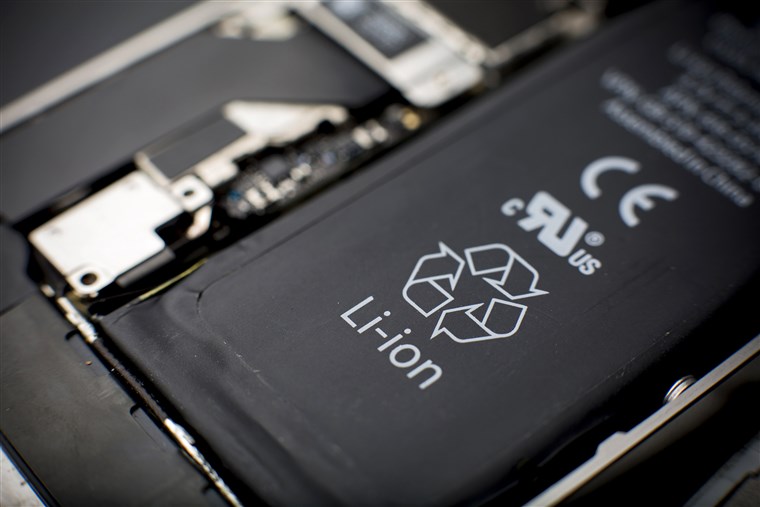A major advance in battery research could allow smartphones and laptops to be charged in as little as five minutes.

See also: Apple: will use Tesla batteries in new energy storage project
A team from the University of Cambridge developed a low-cost technique to explore the inside of lithium-ion batteries in a way that was not previously possible.
The method, published in the journal Nature on Wednesday, allows researchers to determine the "speed limits" for charging cycles batteries and then find ways to maximize the use of the possibilities their.
See also: Honda, Yamaha, KTM and Piaggio collaborate on electric motorcycle batteries
"We found that there are different speed limits for lithium-ion batteries, depending on whether they are charging or discharging," said Dr Ashkay Rao from the Cavendish Laboratory in Cambridge, who led the research.
"When charging, the speed depends on how fast the lithium ions can pass through the particles of the active material. When discharging, the velocity depends on how fast the ions are introduced at the edges. If we can control these two mechanisms, it will allow lithium-ion batteries to charge much faster."
Lithium-ion batteries are found in everything from portable electronics to electric vehicles, although several limiting factors remain that are slowing the transition to a fossil fuel-free world. Slow charging times and low energy density compared to alternatives such as gasoline can frustrate users, while a simple increase in energy transfer can cause them to overheat or explode.
To overcome these issues and maximise the potential of lithium-ion batteries, Cambridge researchers developed an optical microscopy technique called intrametric scattering. This allowed them to observe phase transitions in the discharge charge cycle and understand how quickly it can be run.
Previous ways of observing the inner workings of lithium-ion batteries involved costly and time-consuming techniques such as synchrotron x-ray or electron microscopy.
See also: Research: Mining for electric car batteries VS gas vehicles
"This technique offers a huge step change in the speed of the technology so that we can keep up with the rapidly internal workings of a battery," said co-author Dr Christoph Schnedermann from the Cavendish Laboratory.
"This technique could be an important piece of the puzzle in the development of next-generation batteries."
Information source: independent.co.uk
